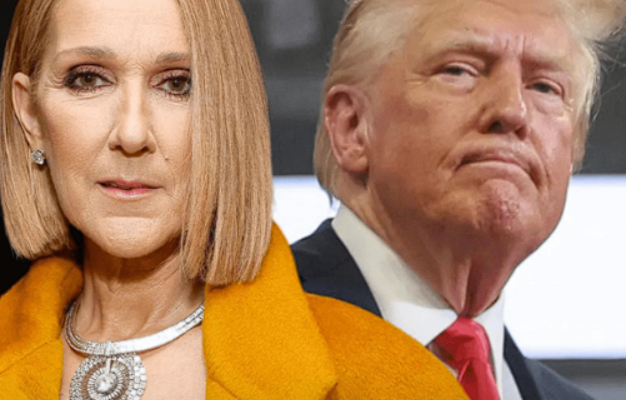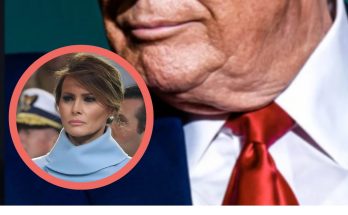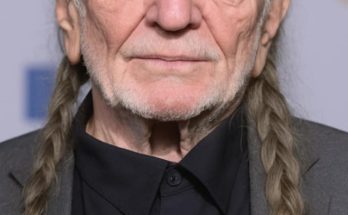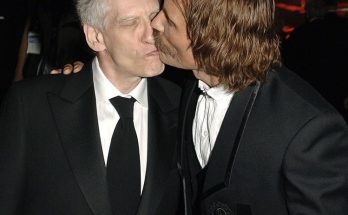In today’s fast-paced political landscape, where rally anthems and campaign soundtracks fill the airwaves, a famous voice has spoken out against the unauthorized use of her music.
Beloved global icon Celine Dion, known for her powerful ballads and unforgettable performances, has taken a bold stand against former President Donald Trump’s use of her song without permission. At a recent event in Montana, Trump’s campaign surprised the crowd by including Dion’s timeless hit “My Heart Will Go On” in the pre-speech music. For Dion and her team, this choice was a serious overreach — a disregard for her artistic rights and intellectual property.
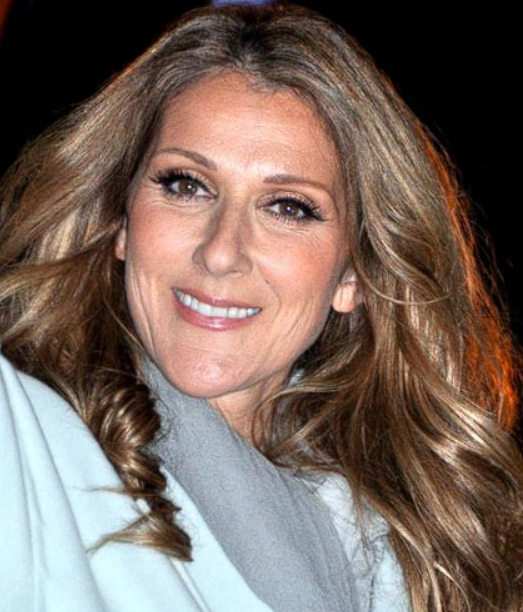
Shortly after the event, Dion’s team released a clear statement: Trump’s campaign did not have permission to use her music. They questioned the decision, wondering why her deeply personal and emotional song had been chosen in the first place. Dion quickly responded, leaving no room for doubt: her music would not be used to support any political agenda without her explicit consent. By denying permission to use “My Heart Will Go On,” Dion sent a strong message to Trump’s team that her work cannot be exploited for political gain.
Dion’s firm stance reflects a broader movement among artists, who are increasingly unwilling to allow their work to be co-opted for political use. Over the years, numerous musicians have pushed back against campaigns that use their music without approval. Notably, Rihanna condemned Trump for using her music at a rally, and rock legends the Rolling Stones issued a warning against the unauthorized use of their songs. The message is clear: artists will no longer sit idly by while their creations are repurposed without consent.
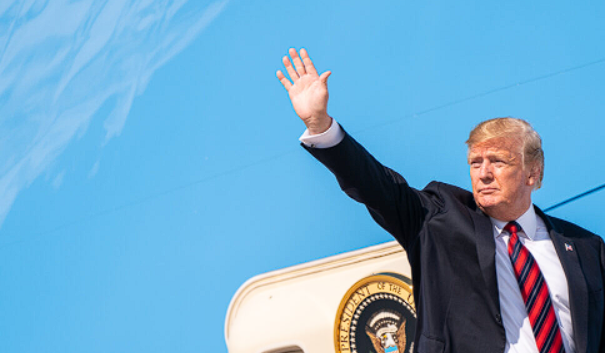
This growing trend reflects a cultural shift, as the line between politics and popular culture continues to blur. Audiences are more attuned to these issues, demanding authenticity and respect for artistic rights. Dion’s objection to Trump’s use of her song highlights the need for public figures to recognize the value of intellectual property.
For today’s politicians, striking a balance between connecting with popular culture and respecting artists’ rights has become essential. High-profile artists like Dion are committed to protecting their work from political misuse, requiring a solid grasp of copyright laws and a keen awareness of public sentiment.
It will be fascinating to see how other artists respond to similar scenarios. Will they echo Dion’s example, holding politicians accountable and championing their artistic independence? Or will some allow their work to become part of political narratives in exchange for increased exposure?
Dion’s stand serves as a reminder that politics and pop culture are interwoven, with each influencing the other. Her response underscores the power of artists to defend their creative legacy, even as the lines between entertainment, intellectual property, and politics grow ever closer.
